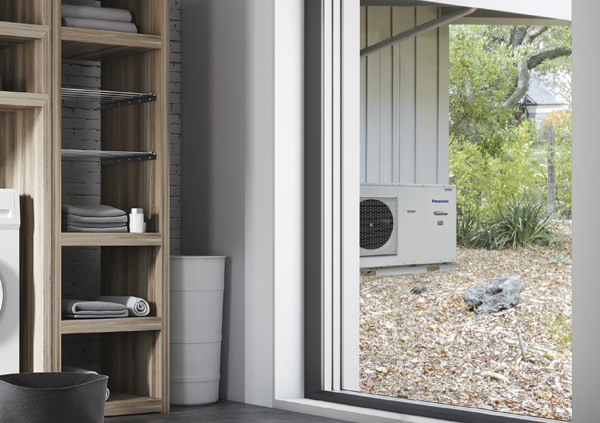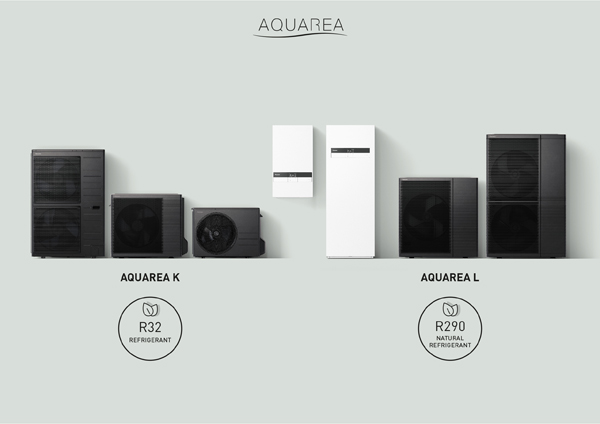Paul Taylor, Head of Renewables for Panasonic UK discusses how social housing providers can help tackle fuel poverty at the root, using heat pumps to provide more energy efficient homes.
The government’s recent release of new research exploring the challenges faced by fuel-poor households in winter 2022/23, has brought renewed focus to the conversation on tackling fuel poverty. It is in no doubt that Housing Associations want to do all they can to help mitigate the impact of rising energy prices on tenants and leaseholders. However, with gas supplies continuing to be disrupted by the impact of the war in Ukraine, there is a need to seriously invest in energy efficient alternative technologies to the gas boiler, to support those who cannot afford the rise in energy bills.

The research reports that the 22/23 winter was particularly challenging, both in the impact and rate of fuel poverty, with households using more unconventional and even dangerous heating methods to avoid costly energy use. Whilst Housing Associations can advise on available support that can directly alleviate high energy costs such as the Energy Bills Support Scheme, Cost of Living Payments, and other similar schemes, these are predominately short-term and do not deal with the real crux of the issue.
In my view, longer-term solutions to reducing household energy bills lie in focusing on improving the energy efficiency of the home. A key part of this is to replace the traditional gas/oil-fired boiler with alternative, energy-efficient, and effective systems like heat pumps. Recently the government set out a second wave of funding for the Social Housing Decarbonisation Fund, which lends direct support to social housing providers to introduce this renewable technology into their housing stock. It is key therefore that alternative technology manufacturers work closely with Housing Associations to ensure key principles are tackled to ensure long-term alleviation in fuel poverty.
Delivering Energy Efficiency
To meet rising demands to replace gas boilers, manufacturers have increased their portfolio of energy-efficient alternative technology. For example, Panasonic is continuously developing the Aquarea air-to-water heat pump range, recently announcing the new Aquarea K and L Generation. These latest innovations are designed to offer improved energy performance, with the L Generation also utilising R290 natural refrigerant.
With fuel poverty affecting both new builds and older housing stock, ensuring heat pump technology can be retrofit is vital. Panasonic’s new Aquarea generation L is particularly suitable for retrofit applications when renovating a home with existing radiators, whilst being able to provide water outlet temperatures of up to 75°C down to -10°C.
Today’s heat pumps are built not only to deliver energy efficiency but also comfort within the home, being reliable, quiet in operation and providing options so the most appropriate unit can be selected for the home. Panasonic’s Aquarea J series offers a popular mono-bloc unit, which houses everything needed for the heat pump in one self-contained outdoor unit. Not only is the unit easy to install and maintain, but it does also not require the sacrifice of space within the house.

Smarter Way to Save Time and Energy
It is a key advantage that everything can now be set up and controlled via a smartphone. It offers an easy and convenient way to monitor and control energy usage to gain a better understanding of how to keep bills low whilst keeping houses warm.
Panasonic has invested in this very idea with its Smart Cloud and Service Cloud controls with remote monitoring, providing a comprehensive and energy-efficient solution for heating and domestic hot water. Using this smart technology, users can access a detailed breakdown of the system’s energy consumption from 60 minutes to 7 days and schedule the settings to ensure a constant and comfortable temperature throughout. This can help end users compare space utilisation and adjust the system so that energy is not wasted.
To find out more about Panasonic heating and cooling solutions visit - www.aircon.panasonic.eu/GB_en
Images © Panasonic
- Log in to post comments















